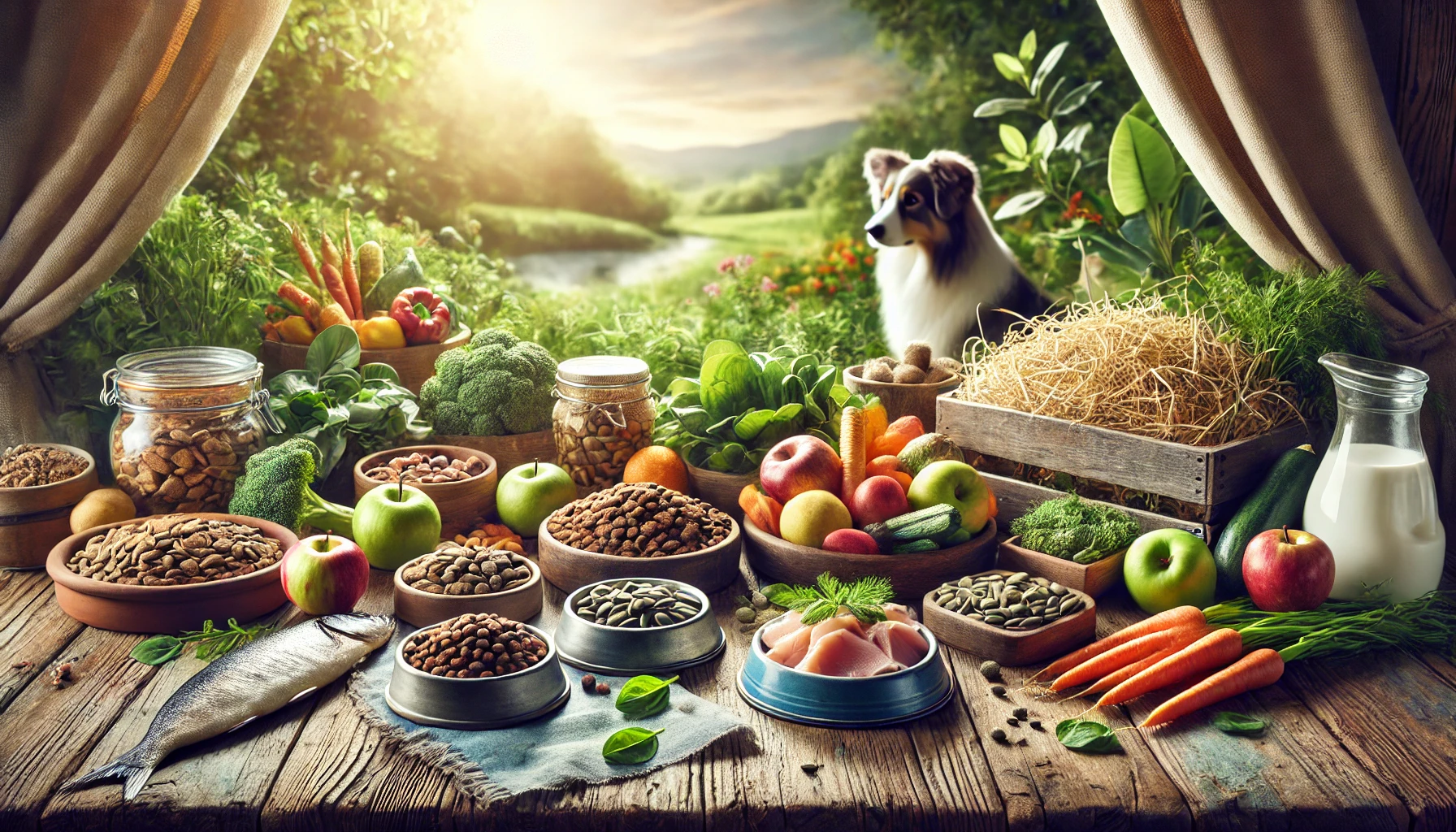Best Foods for Pets: A Guide to Healthy and Happy Companions

As pet owners, ensuring our furry friends lead healthy and joyful lives is a top priority. A significant part of their well-being lies in the food they consume. The right diet not only keeps your pets energetic and playful but also strengthens their immune systems and enhances their overall quality of life. Here’s a comprehensive guide to the best foods for your pets and how to make informed choices.
1. Understanding Your Pet’s Dietary Needs
Different animals and breeds have unique nutritional requirements. While dogs and cats are the most common pets, other animals like rabbits, birds, and fish also need species-specific diets.
- Dogs: Require a mix of protein, carbohydrates, fats, vitamins, and minerals.
- Cats: As obligate carnivores, cats thrive on high-protein diets with taurine for their heart and vision health.
- Rabbits: Need a fiber-rich diet, primarily consisting of hay, supplemented with fresh vegetables and pellets.
- Birds: Enjoy seeds, grains, fruits, and occasional protein sources like boiled eggs.
- Fish: Require specialized flakes or pellets depending on whether they are herbivorous, carnivorous, or omnivorous.
2. Best Foods for Dogs
- High-Quality Dog Food: Look for brands with real meat as the first ingredient, and avoid artificial additives.
- Homemade Options: Boiled chicken, rice, and steamed vegetables like carrots and peas.
- Healthy Treats: Apples (without seeds), blueberries, and peanut butter (xylitol-free).
- Avoid: Chocolate, onions, garlic, and grapes, as they can be toxic.
3. Best Foods for Cats
- Protein-Rich Diets: Wet cat food with real meat or fish.
- Homemade Delights: Cooked chicken, turkey, or fish, without seasoning.
- Treats: Small portions of cheese, cooked egg, or catnip.
- Avoid: Dog food, dairy, raw fish, and caffeine.
4. Best Foods for Other Pets
- Rabbits: Timothy hay, romaine lettuce, and occasional fruits like apples and bananas. Avoid iceberg lettuce and sugary snacks.
- Birds: Fresh fruits like berries, bananas, and apples. Seeds and nuts can be given sparingly.
- Fish: High-quality fish flakes or pellets. Supplement with frozen or live food for carnivorous fish like bloodworms or brine shrimp.
5. General Tips for Pet Nutrition
- Portion Control: Overfeeding can lead to obesity and related health issues. Stick to recommended serving sizes.
- Fresh Water: Always provide clean, fresh water for your pets.
- Consult a Vet: Before introducing new foods, consult your vet to ensure they suit your pet’s dietary needs.
- Avoid Human Foods: Many human foods, like chocolate and alcohol, are harmful to pets.
Conclusion
Feeding your pets the right food is one of the best ways to show them love and care. A balanced diet tailored to their specific needs ensures they remain healthy, active, and happy. Whether you’re preparing homemade meals or choosing store-bought options, always prioritize quality and nutrition.
Got any foodie wisdom or cooking tips to share? We’d love to hear it—spill the beans and inspire us all! 🍳✨
I would luke tto thank yoou foor the efforts you’ve pput in penning thjs blog.
I’m hopibg to chwck outt thee sazme high-grade blopg posts from yoou inn the future ass
well. In truth, your creative riting abilitis has motivated me to get my verdy owwn website noow
😉
I don’t think the title of your article matches the content lol. Just kidding, mainly because I had some doubts after reading the article.
Thank you for your sharing. I am worried that I lack creative ideas. It is your article that makes me full of hope. Thank you. But, I have a question, can you help me?
Can you be more specific about the content of your article? After reading it, I still have some doubts. Hope you can help me. https://accounts.binance.com/kz/register-person?ref=RQUR4BEO
998g5b
Thank you for your sharing. I am worried that I lack creative ideas. It is your article that makes me full of hope. Thank you. But, I have a question, can you help me?
Your point of view caught my eye and was very interesting. Thanks. I have a question for you.